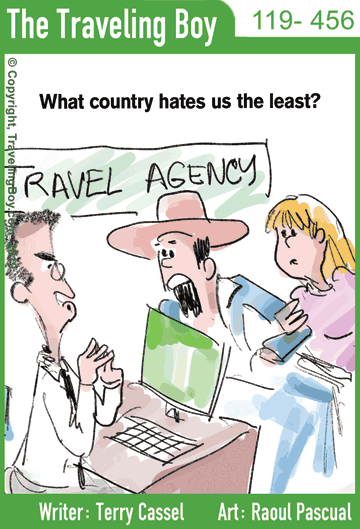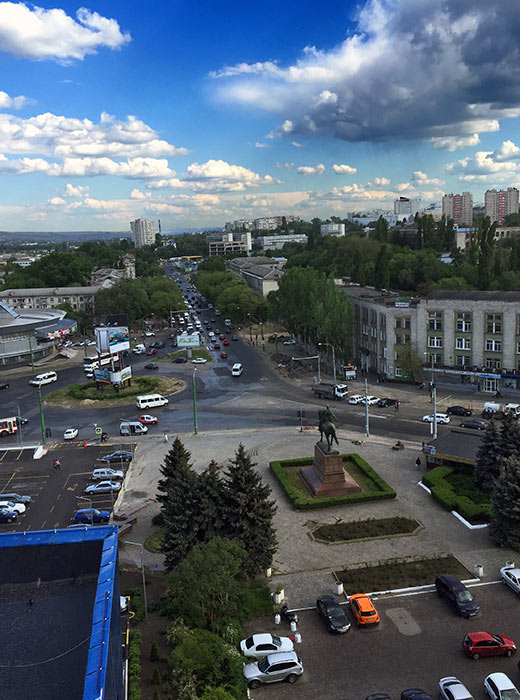
but lots of fresh air. Photograph by Jim Boitano.
I’m a biased traveler. Having fallen in love with Europe on my first trip to Italy with my father as a 14 year old, it is to this continent that my travel plans always seem to lead. I return to somewhere in Europe now every May to see old friends and favorite cities. But with each trip, I have a firm goal: to fit in at least one new country every year.
With 2016 being my 28th trip to Europe, I’m getting close to the bottom of my list of unvisited countries. And this brings me inevitably to Moldova.
Poor Moldova. Largely unknown, way out of the way and saddled with a dowdy unglamorous name, it’s Europe’s least visited and poorest country. On the International Monetary Fund’s ranking of GDP per capita, Moldova ranks a lowly 138th out of 186 countries, right between Nicaragua and India. Yes, India. And even I, the Europhile traveler have ignored it until now.
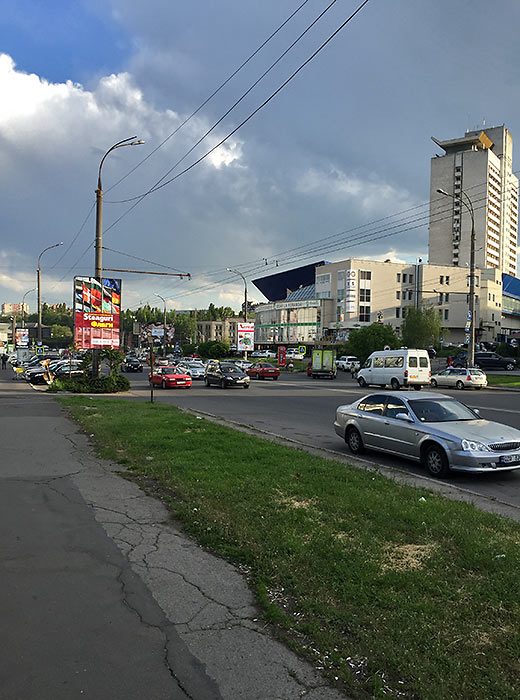
Moldova is an unlikely little country. About the size of Maryland, its three-million people are tucked in a landlocked wedge of land between Romania and Ukraine; not exactly on the London, Paris, Rome circuit. The territory is a slice of land the Russians pried away from their many wars of territorial conquest from the Turks and then added it to Mother Russia. Largely Romanian speaking, it probably should have ended up as part of Romania, but under the Soviet Union it achieved full republic status.
Moldova didn’t have much to offer Russia other than their fantastic wines, but that was fine for Moldova as part the biggest empire on Earth. But when the Soviet Union fell apart, Moldova found itself one of the least likely and most hapless sovereign states in the world. With two civil wars, much civil unrest, a complete collapse of the economy, Moldova still stands 25-years later. With Romania and the European Union trying to pull them to the West, and Russia holding their energy bill and pulling them towards the East, they are in a state of constant conflict and schizophrenia.
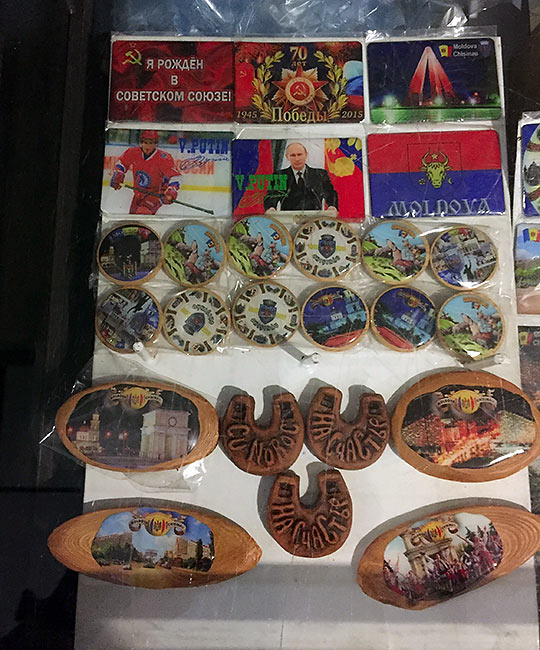
But with all that said, I really enjoyed my little four-day visit there this May. I experienced four-days of fantastic food, warm people, hassle-free travel and some of the cheapest prices I have ever seen in all my travels. I jetted in to their nice new airport on Lufthansa from Munich and paid a staggeringly low $5.00 for my taxi ride to the capital. I bet you can’t name the capital of Moldova. That’s right, it’s Chişinău (formerly Kishinev under the Russians), but even geography pros have trouble with that one.
I stayed at the Cosmos Hotel. During the times of the Soviet Union, the capital of every Republic had a monstrously ugly hotel for foreign visitors on Intourist package tours. The Cosmos was just that place. And like nearly everything else in Moldova, it looks like nothing had been done to it since 1980. And yet, despite the dreadful décor and Stalinist era ambiance, my room was perfectly clean and comfortable, the staff (like everyone else in Moldova) was extremely kind and helpful. And four nights with a balcony and breakfast for a total of $120.00 was astonishingly cheap.
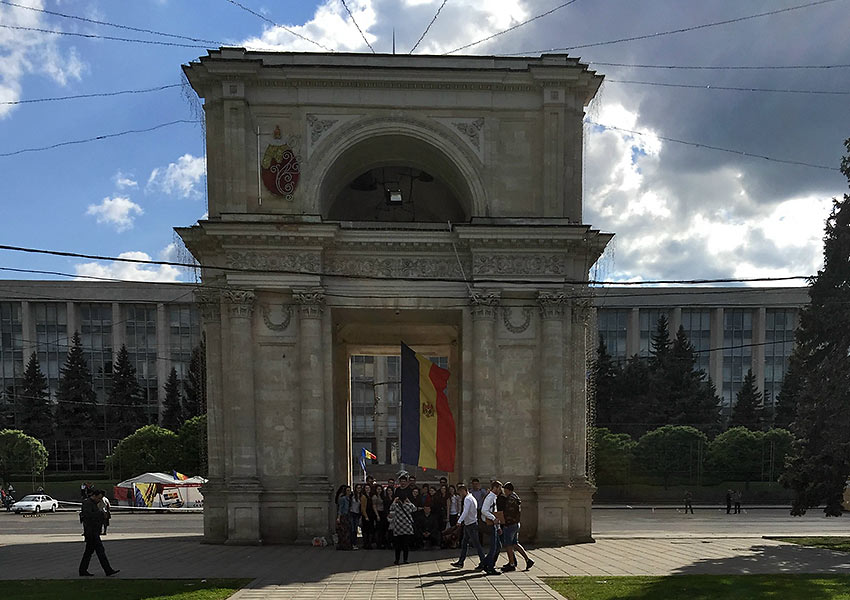
Leading from the hotel is Chisinau’s main avenue on or near which its major attractions are all found: the national parliament, the vibrant market, their little arch de triomphe, the national museum, the orthodox cathedral, a bank, the post office, a café. I must have walked that street from my hotel 13 times in four days: not that it was so interesting, but because there wasn’t so much else to do.
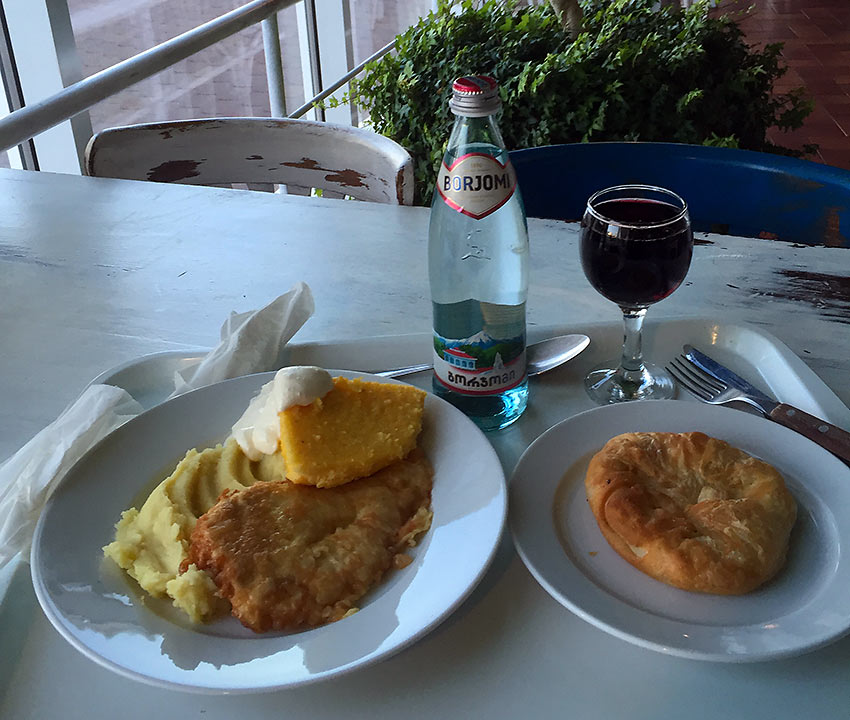
But I wasn’t unhappy to find myself there. Every meal (served with polenta – their national staple and with wine – their national treasure) was better than most meals I ever find in America and rarely cost more than $5.00. People smiled at me kindly. I liked that. And despite an undeniable amount of grittiness, the plethora of lovely and vibrant parks gave the city a benevolent dignity.
Moldova has had hard times, but you wouldn’t know that on a Sunday afternoon strolling in one of their verdant parks. Each one was filled vibrantly with happy families and children, laughing on kiddie rides, eating ice cream and cotton candy, smartly dressed, and looking happy. The measure of a country is more in its people and less in its GDP. How do they rise to hard times and still seem so happy, so together and connected. Maybe there is something to learn from them and that’s the real glory of travel. So I’m quite pleased I went to Moldova and not just to tick off another country off my list. I’m glad I met these fine Moldovans with their kind and resilient spirit. I don’t’ regret for a minute the four tranquil days I spent among them.
So now, how in the world will I ever make it to Belarus?
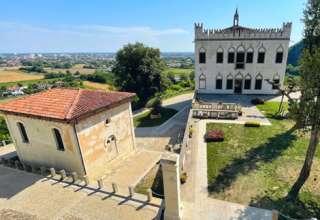
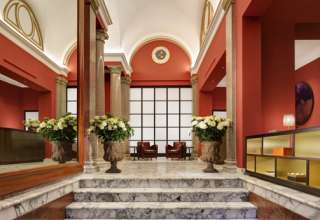
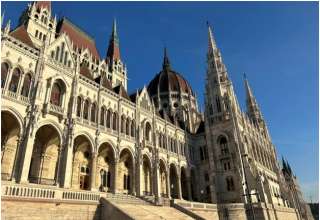
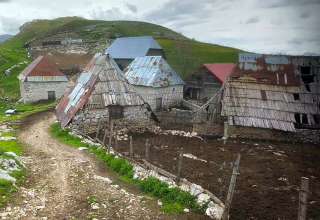
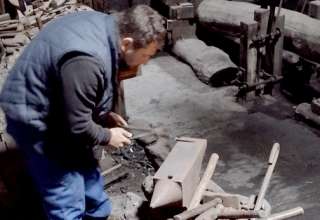
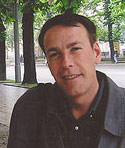 Dreaming about the boulevards of Provance and street cafes of Paris, then 17 year old James set off for a year-long high school exchange with a French family. Though he ended up in a smoky industrial town in Lorraine, it didn’t daunt him on his love for travel. James has since visited 54 countries though he refuses to take Yugoslavia, The Soviet Union and East Germany off his list even though they don’t exist anymore.
Dreaming about the boulevards of Provance and street cafes of Paris, then 17 year old James set off for a year-long high school exchange with a French family. Though he ended up in a smoky industrial town in Lorraine, it didn’t daunt him on his love for travel. James has since visited 54 countries though he refuses to take Yugoslavia, The Soviet Union and East Germany off his list even though they don’t exist anymore.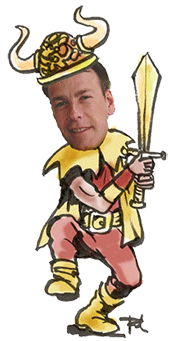 Along the way he discovered Europe’s quintessential cultural event, the Eurovision Song Contest and since 2002 has voyaged to this annual pop music kitsch fest. It’s added a new country to his list every year and so far has taken him to the likes of Riga, Tallinn, Helsinki Athens, Kiev and Istanbul. James is no London-Paris-Rome kind of guy but would much rather find himself amidst the natives of an end-of-the road Dutch village or roaming through the Dakota badlands. Tellingly, his favorite country to visit is Iceland.
Along the way he discovered Europe’s quintessential cultural event, the Eurovision Song Contest and since 2002 has voyaged to this annual pop music kitsch fest. It’s added a new country to his list every year and so far has taken him to the likes of Riga, Tallinn, Helsinki Athens, Kiev and Istanbul. James is no London-Paris-Rome kind of guy but would much rather find himself amidst the natives of an end-of-the road Dutch village or roaming through the Dakota badlands. Tellingly, his favorite country to visit is Iceland.